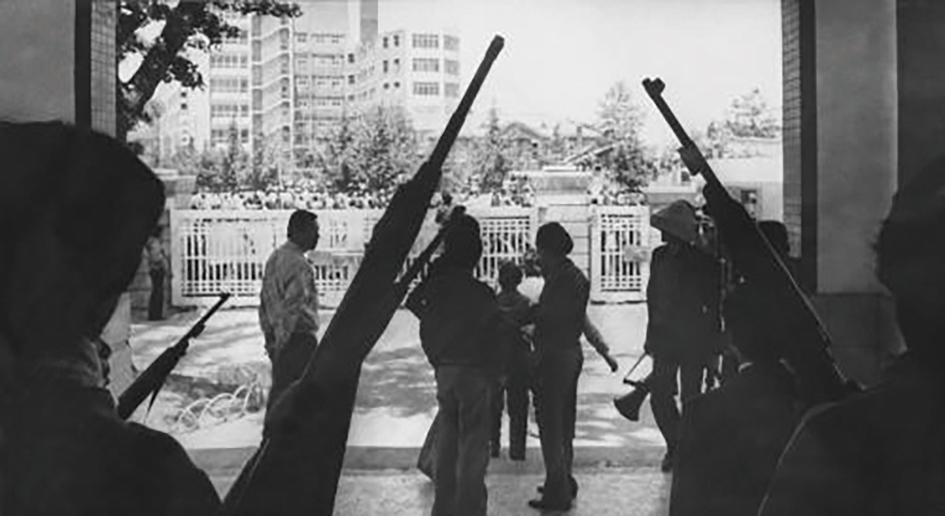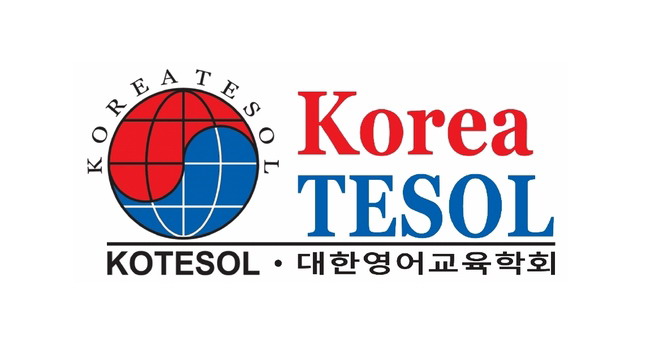The Joys of Teaching as a Filipina
Compiled by Dr. David E. Shaffer.
When thinking of expat English teachers in Korea, first thoughts are of North Americans teaching in public schools, private academies, and at the university level. Next to come to mind may be expats from the UK/Ireland, Australia/NZ, or possibly South Africa. Much overlooked, however, are the female Filipinos (Filipinas) teaching English here. Taking into consideration the sizable number of Filipina teachers in the area, we have asked a number of them from varied teaching contexts to describe their teaching and living experiences here in order to provide a broader understanding of their situations. What follows are their accounts.
The Joys Are Countless
“Emma” has lived in Korea for 25 years and has been teaching English for the past two decades. She teaches elementary students at two academies in two districts of Gwangju. Here is her account of her teaching experiences.
The teaching I do is game-based learning. I also keep in mind the VARK model of learning styles (i.e., visual, auditory, reading/writing, and kinesthetic). I have some books that I use from time to time, but I do not always base my lessons on books. And I do not stick to a particular method of teaching, for I know that one size does not fit all. I try to teach my students the things that they need to learn and the practical things that they can use in everyday settings.
The joys I get out of teaching are countless. My students are my inspiration. I get my daily dose of energy from them. Seeing their faces makes me happy. One of the most rewarding feelings I have had was when my most difficult student improved not only in his English skills but also in his behavior towards me. It was one of those magical moments in teaching.

I do not feel that I am competing with teachers from English-speaking countries for job opportunities. I know they are better than me when it comes to speaking English. Besides, though we are running in the same race, we are on different tracks. I believe God gives us different gifts; I just have to use mine and do the best I can in teaching my students. I have realized that teaching is not for everyone; one must have patience, passion, and guidance from Above. I hope that I can convey to my students not only knowledge but also wisdom.
It Is Really a Great Joy
Mary Joy Escobal is a missionary volunteer at the Gwangju Dream Seventh Day Adventist Multicultural Church located in Gwangsan District. She has been living and working in Gwangju for almost two years. Here is her account.
Teaching English Bible studies is my primary work as a missionary of the Lord. I have a small group of six regular Korean English Bible students who are children (my other Bible class students are all Filipino adults). Our aim is to teach not just subject matter (English) but, most of all, the character and the love of Christ through English action songs and Bible stories.
At first, I found it so hard to teach the Korean students because of the language barrier. We could not understand each other, but by the grace of God and the help of our deacon, who volunteered for five months to help me with my class, I was able to adjust easily.
It is really a great joy for me to teach children, especially when you can see that the little ones are changing and improving not just academically but also in character. We just meet twice a week, every Tuesday and Thursday, but I feel like we are just friends talking and learning new things, enjoying the classes, and sharing the foods we have. They are teaching me Korean as well, and even though our deacon has stop attending our class, I am able to make friends with the students and bring our classes to a happy ending.
After-School Teaching Has Its Advantages
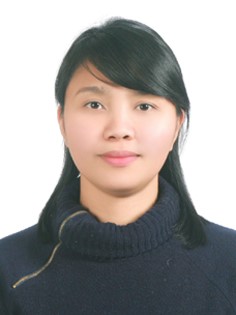
Malyn Perez Rosales Kim is an after-school English teacher in Gwangju at Juwol and Shinam Elementary Schools. She has been living in Korea for nearly eleven years and has been teaching for eight of them. Here is her account.
I had been teaching for five years as a Philippine elementary public school teacher when I met my husband and decided to leave for Korea. My decision was quite difficult, but I knew God had a plan and a purpose for me in a foreign country where I did not even understand the language.
I taught at an English academy for a year, but the hours were long and late. I was able to move to an after-school English program. The hours were better, but communicating in Korean with teachers and administrative staff was not easy.
Despite its difficulties, after-school teaching has its advantages. First, different from private academies, you are in charge of how you teach your classes and manage your students. Second, there is no competition with native English-speaking teachers because after-school teaching requires Korean language skills. Third, the salary depends on the teacher’s performance and the number of students; if you teach well and have open communication with parents, you will have more students and a higher salary. Fourth, teaching time is convenient: three to four hours of class in the afternoon.
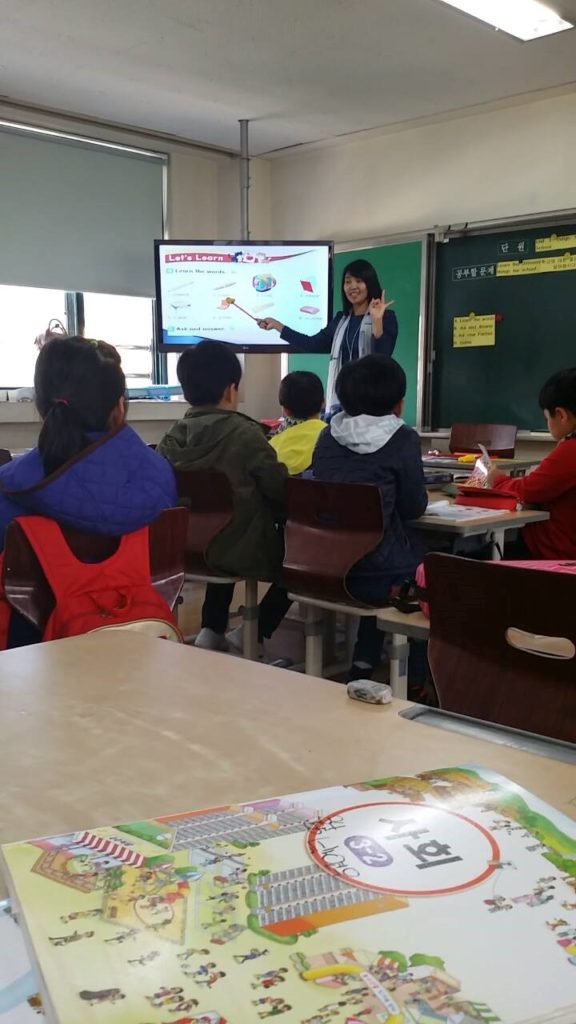
I have introduced after-school teaching to some of my Filipina friends, but they all find enjoyment in other types of teaching jobs. Over eight years, I have taught at six different schools and have met many different students and parents. I think that after-school teaching is best for me. I love teaching kids. I enjoy having my students learn through games and activities that give them enjoyment. I love my job.
Teaching Gives Me Great Happiness

Princess Joy F. Cedeño teaches at an English academy in the Suwan area of Gwangju where she teaches elementary and middle school students. She also does private tutorials with elementary and middle school students and housewives. Joy has been living in Korea for nine years and has been teaching for the past eight. Here is here account.
When I was new here, I tried to join many different groups, such as KOTESOL, where I could learn teaching techniques. I also attended a TESOL program downtown just to learn more about teaching because I knew that in one’s teaching career you have to keep learning, and I also knew that I still had a lot to learn.
I have been teaching in Korea for eight years now, and I have learned a lot from different people I have worked with. They have taught me how to be a better teacher and a better learner. Teaching gives me great happiness, especially when my students and colleagues appreciate what I do. Also, I have developed a great working relationship with my students and their parents. Parents are grateful to have me as their children’s English teacher and their compliments motivate me to work harder.
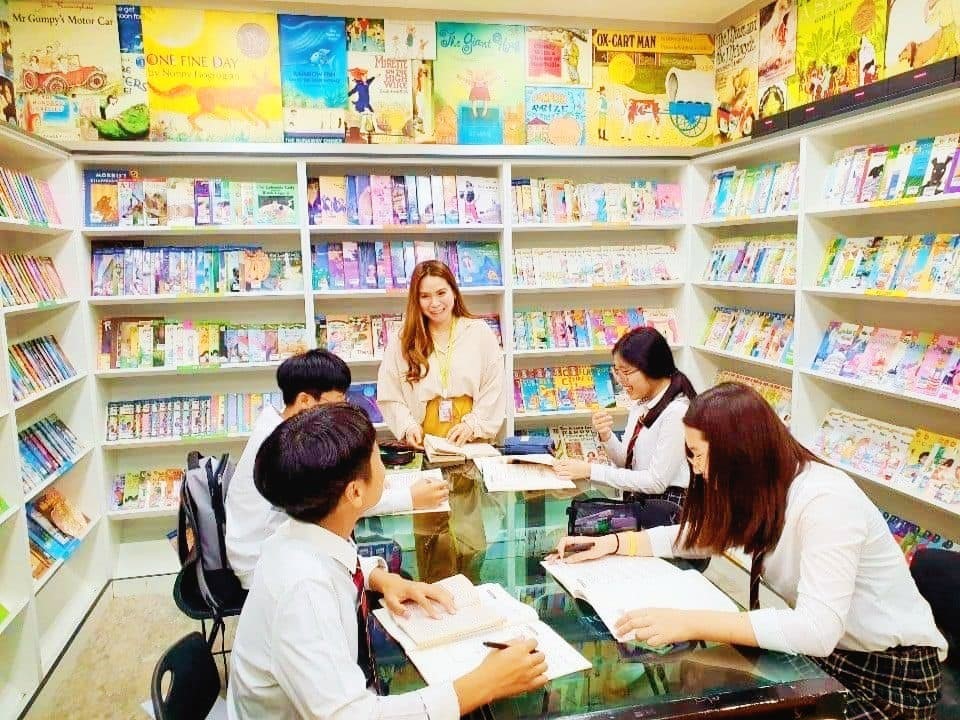
I am glad that nowadays, Koreans have changed their perspectives and have opened their doors wider to Filipino teachers. Now, I am working with great academy directors who really trust me and believe in me. Because of the trust and respect I have gained from them, I am now the proud team leader of the foreign teachers in our academy.
We Should Invest in Ourselves

Sherryl Sambo has lived in Korea for 12 years and has been teaching EFL for seven. She teaches elementary and middle school students at an English academy in the Suwan district of Gwangju and tutors businessmen and government officials. Sherryl is also the president of a Filipino English teacher’s group in Gwangju. Here is her account.
When I became a mother, I somehow realized that every parent automatically becomes a teacher in their own right. As a foreigner in South Korea, I thought teaching English would be a career path I could pursue since it offers flexible hours suitable for a working mom, and I considered it something that I could do well being a parent and having a bachelor’s degree. I soon realized that there is more to teaching that meets the eye. I found that I enjoyed teaching young learners as much as I enjoy teaching my daughter, and I felt as though I was contributing to Korean society by teaching their youth. But since my major was business, I had difficulty in managing my classes and sensed a shortcoming in how to effectively help students learn. Because of this, I decided to enroll in graduate school. After receiving my master’s degree in TESOL, I still felt I wanted to learn more, so I decided to pursue a PhD at Chonnam National University in English education. Now, I feel confident and worthy of being called a teacher.
I believe that we should invest in ourselves and know our worth. Because of the trust and respect I have gained from my colleagues and people around me, I am now the president of Gwangju Toastmasters and GFET (Gwangju Filipino English Teachers). I would like to empower my fellow Filipinas to become the best versions of themselves and not settle for being mediocre. Life is a continuous learning process, and as teachers, we should see to it that we engage in professional development for ourselves and for our students.
I Regained My Confidence in Teaching
Sabel Lee has been living in Gwangju for 21 years. She has been an English educator since 2001 and is also a mother and married to a Korean. She presently works out of the Buk-gu District Youth Center. Here is her account.
I started out small in teaching. For my first year, I had two IELTS students, who both passed the test with a score of five! For five years, I taught at a young learner English academy in Yangsan-dong, even though my Korean was limited and I was unfamiliar with the elementary curriculum (I had previously taught high school in the Philippines).
I enjoyed teaching but felt that I was not as effective as I wanted to be. So, I joined KOTESOL and learned many things to enhance my knowledge and skill in teaching children.
After five years of teaching, I became involved as a human rights volunteer and had a chance to become a regular host on the GFN English radio network, tackling issues related to multicultural families. I also enrolled in a one-year TESOL course at Chonnam National University. Afterwards, I was given the opportunity to teach “Philippine Culture” to public school teachers in Gwangju working with multicultural students. Through this, I regained my confidence in teaching and now teach four classes daily at the Buk-gu District Youth Center – classes for Korean women that focus on speaking skills.
I have taught at the Youth Center for eight years now and have “peace and security” – not financial security, but I have found respect and recognition as an educator. Sharing one’s knowledge is a precious thing.
In Conclusion
From the accounts above and from anecdotal evidence, it can be concluded that Filipina English teachers in the Gwangju area are of strong Christian faith. Much of the very positive outlooks on life that they hold are likely influenced by their faith. Many of them have married into a Korean family and have children, giving them a Korean language and culture foundation as well as child-rearing skills – all quite valuable in teaching Korean learners. However, you may have noticed that none of the Filipina teachers featured here are teaching in regular public school or university positions. This is not so much because Filipina teachers shun these institutions as vice versa. The joy-of-teaching accounts are not the full stories that these teachers relate. Every coin has two sides. The less joyous side of their stories will be presented in our next issue.
Photographs courtesy of Mary Joy Escobal, Princess Joy F. Cedeño, Sabel Lee, and Sherryl Sambo.
_________________________
Gwangju-Jeonnam KOTESOL
Upcoming Events
Check the Chapter’s webpages and Facebook group periodically for updates on chapter events and online activities.
For full event details:
- Website: http://koreatesol.org/gwangju
- Facebook: Gwangju-Jeonnam KOTESOL
__________________________________________
The Editor
David Shaffer, as vice-president of the Gwangju-Jeonnam Chapter of KOTESOL, invites you to participate in the teacher development workshops and their regular meetings (in-person and online). He also invites you to visit “Gwangju Filipino English Teachers (GFET)” on Facebook. Dr. Shaffer has been a resident of Gwangju and professor at Chosun University for many years. He is a past president of KOTESOL and is currently the chairman of the board at the Gwangju International Center as well as editor-in-chief of the Gwangju News.






